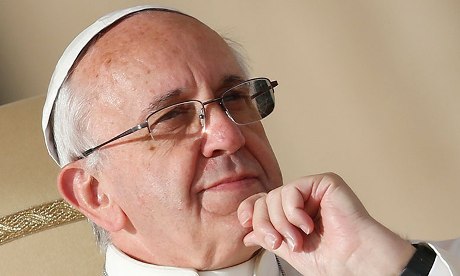Pope Francis’s praise for Humanae Vitae is key to understanding his dual emphases on clear doctrine and pastoral mercy, a senior Vatican observer says.
Writing in L’Espresso, Sandro Magister noted there is growing pressure for a change in Church teaching on Communion for divorced and remarried Catholics.
“There was similarly massive pressure for change in the 1960s, when the Pope had to decide on the legitimacy of contraceptives, with many theologians, bishops, and cardinals siding in favour,” Magister continued.
“But in 1968 Paul VI decided against, with the encyclical ‘Humanae Vitae’.”
This encyclical met with “bitter contestation” from entire groups of bishops and was disobeyed by “countless faithful”, Magister explained.
But Pope Francis has said that he wants to take Humane Vitae as his own frame of reference, he added.
Magister cited Pope Francis’s March 5 interview with Italian daily Corriere della Sera.
Pope Francis noted that, in Humanae Vitae, Paul VI urged confessors to be “very merciful and pay attention to concrete situations”.
The Pope also said Paul VI had a “prophetic” genius and had “the courage to take a stand against the majority, to defend moral discipline, to exercise a cultural restraint, to oppose present and future neo-Malthusianism”.
“The question is not that of changing doctrine, but of digging deep and making sure that pastoral care takes into account situations and what it is possible for persons to do,” Pope Francis had said.
Magister said that one “can truly expect anything” from Pope Francis, including a decision “against the majority” that reconfirms the indissolubility of marriage.
But this is “tempered by the mercy of pastors of souls in the face of concrete situations”.
He noted reports of Pope Francis’ phone call with a divorced and remarried Catholic in Argentina recently, in which the Pope allegedly said she could receive Communion.
While the contents of the call have been contested, such reports have the effect of creating a “driving crescendo of anticipations of change”.
However, Magister suggested that the Pope could defy these expectations.
“As expert as he is in cultivating public opinion, Pope Francis is not the kind to be let himself become its prisoner.”
Sources
